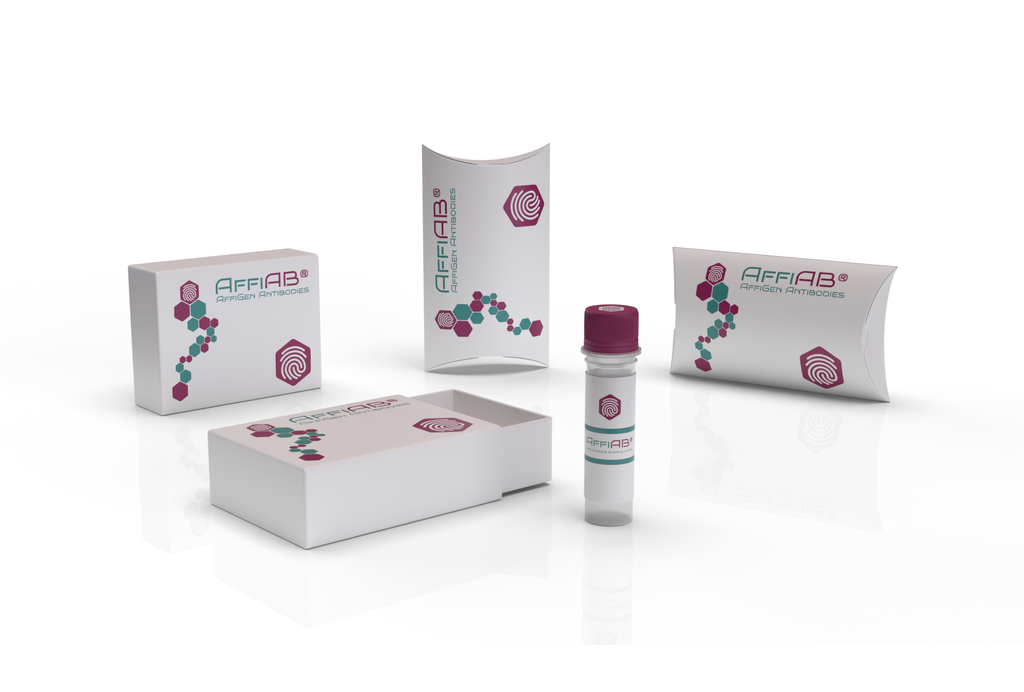AffiAB® Anti-G6PD Antibody
Glucose-6-phosphate 1-dehydrogenase (G6PD) plays an important role in the pentose phosphate pathway. It is a member of the glucose-6-phosphate dehydrogenase family of proteins. G6PD is a ubiquitous enzyme that produces pentose sugars for nucleic acid synthesis, but is also involved in carbohydrate degradation, as it is one of the main producers of NADPH reducing power. G6PD has NADP as a co-factor and structural element. It can be found as a homodimer or homotetramer, and is primarily detected in lymphoblasts, granulocytes and sperm. Defects in G6PD can cause chronic non-spherocytic hemolytic anemia (CNSHA) , especially in areas in which malaria is an epidemic. Individuals with a high level of G6PD-deficiency are at higher risk of acute hemolytic attacks.
Antibody type
Rabbit polyclonal Antibody
Uniprot ID
SwissProt: P11413 Human; SwissProt: Q00612 Mouse; SwissProt: P05370 Rat
Recombinant
NO
Conjugation
Non-conjugated
Host
Rabbit
Isotype
IgG
Clone
N/A
KO/KD
N/A
Species reactivity
Human, Mouse, Rat
Tested applications
WB, IF-Cell, IHC-P
Predicted species reactivity
N/A
Immunogen
Recombinant protein within human G6PD aa 218-404.
Storage
Store at +4°C after thawing. Aliquot store at -20°C or -80°C. Avoid repeated freeze / thaw cycles.
Form
Liquid
Storage buffer
1*PBS (pH7.4) , 0.2% BSA, 50% Glycerol. Preservative: 0.05% Sodium Azide.
Concentration
1 mg/mL.
Purity
Protein A affinity purified.
Signal pathway
Cardiovascular
Recommended dilutions
WB: 1:1, 000-1:2, 000; IF-Cell: 1:50-1:200; IHC-P: 1:50-1:200
Molecular Weight
59 kDa
Subcellular location
Cytoplasm. Nucleus. Membrane.
Positive control
A549, Hela, MCF-7, PC-12, mouse spleen tissue lysate, human tonsil tissue, human colon cancer tissue, human spleen tissue, mouse testis tissue.
